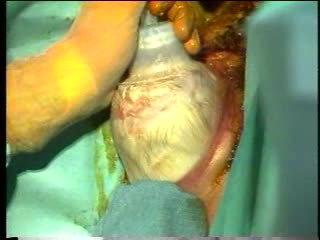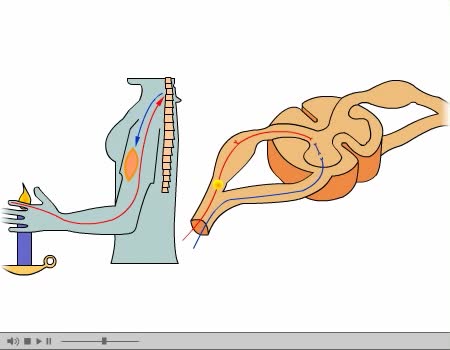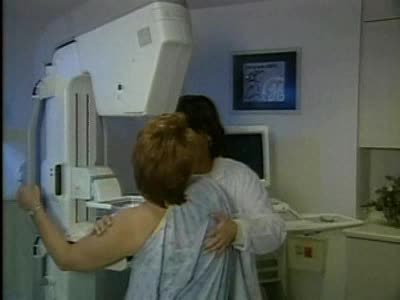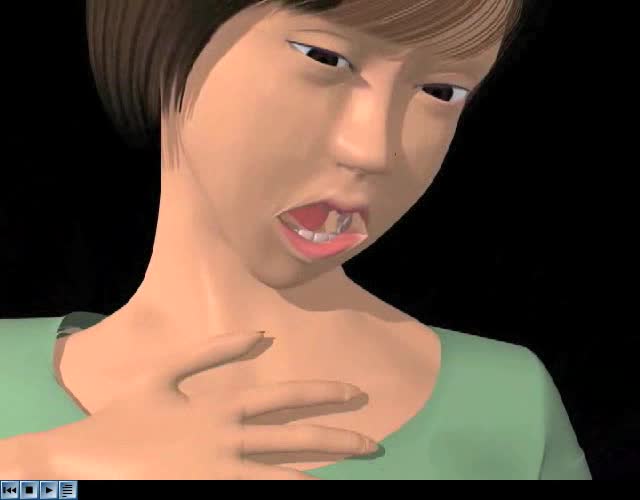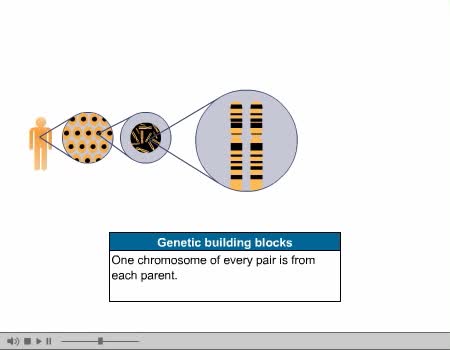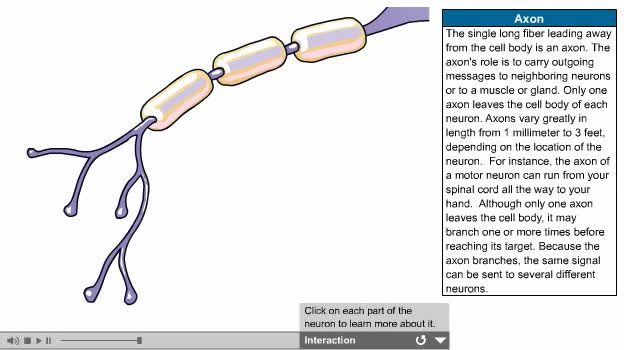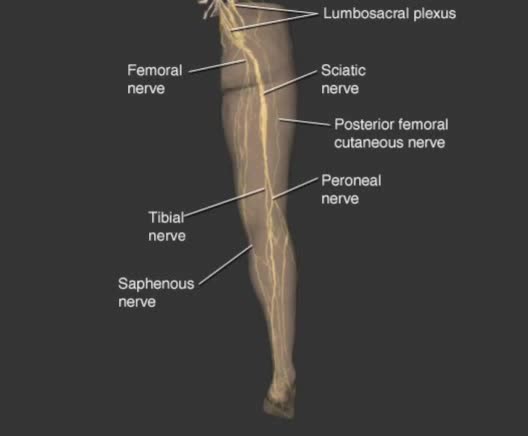Search Results
Results for: 'El'
Labor and Delivery - Vacuum Extraction
By: Administrator, Views: 462
Vacuum extraction (VE), also known as ventouse, is a method to assist delivery of a baby using a vacuum device. It is used in the second stage of labor if it has not progressed adequately. It may be an alternative to a forceps delivery and caesarean section. It cannot be used when the baby is in ...
By: Administrator, Views: 14126
A reflex arc is a neural pathway that controls a reflex. In vertebrates, most sensory neurons do not pass directly into the brain, but synapse in the spinal cord. This allows for faster reflex actions to occur by activating spinal motor neurons without the delay of routing signals through the bra...
By: Administrator, Views: 404
Mammography (also called mastography) is the process of using low-energy X-rays (usually around 30 kVp) to examine the human breast for diagnosis and screening. The goal of mammography is the early detection of breast cancer, typically through detection of characteristic masses or microcalcificat...
By: Administrator, Views: 13718
Anaphylaxis is a serious, life-threatening allergic reaction. The most common anaphylactic reactions are to foods, insect stings, medications and latex. If you are allergic to a substance, your immune system overreacts to this allergen by releasing chemicals that cause allergy symptoms.
By: Administrator, Views: 13795
Apnea is the cessation of breathing. During apnea, there is no movement of the muscles of inhalation, and the volume of the lungs initially remains unchanged. Depending on how blocked the airways are (patency), there may or may not be a flow of gas between the lungs and the environment; gas excha...
By: Administrator, Views: 13997
Genetics is a branch of biology concerned with the study of genes, genetic variation, and heredity in organisms. Gregor Mendel, a scientist and Augustinian friar, discovered genetics in the late 19th-century. Mendel studied "trait inheritance", patterns in the way traits are handed down from p...
By: Administrator, Views: 14559
There are several types of neurons, three of which are: Motor neurons, Sensory neurons, Interneurons. The nervous system is usually described as having two interconnected divisions: the central nervous system (CNS) and the peripheral nervous system (PNS). CNS: Includes the brain and spinal...
By: Administrator, Views: 13806
Atrophy is the partial or complete wasting away of a part of the body. Causes of atrophy include mutations (which can destroy the gene to build up the organ), poor nourishment, poor circulation, loss of hormonal support, loss of nerve supply to the target organ, excessive amount of apoptosis of c...
By: Administrator, Views: 391
Used to describe neuronal processes conducting impulses from one location to another. Nerve fibers: - Nerve fibers of the PNS are wrapped by protective membranes called sheaths. - Myelinated fibers have an inner sheath of myelin, a thick fatty substance, and an outer sheath or neurilemma compo...
Advertisement



